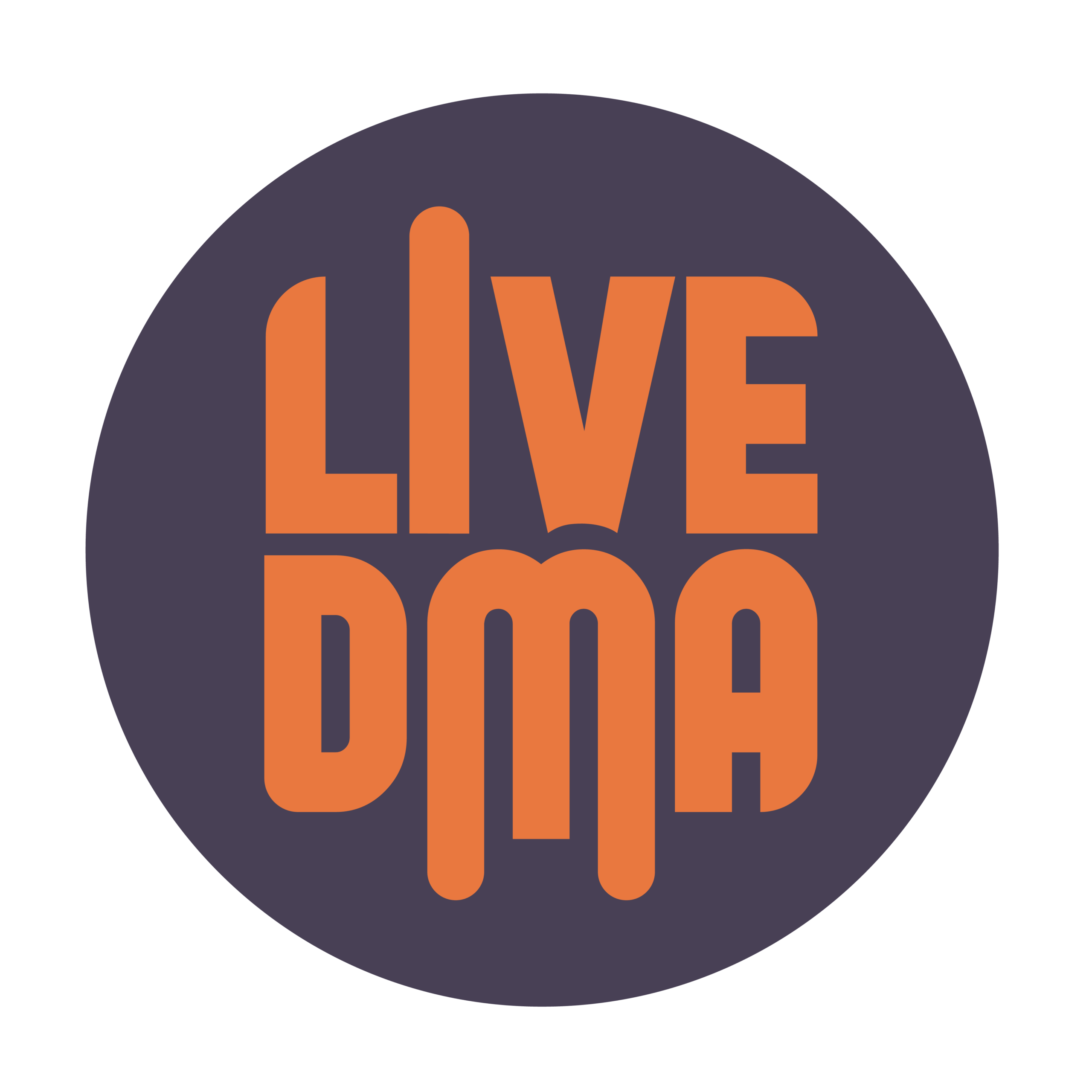“It’s really important for us to be at the forefront on the sustainability and inclusion questions, to inspire others and help with all these things. If we don’t have a sustainable future, we may not have a future at all.”
Resources
-
AGI-SON is a French association that brings together over 60 organisations from the live music sector to advocate for sound quality and responsible sound management in amplified music. Founded in 2000, it emerged in response to national regulations on sound levels in performance venues. The association promotes a balanced approach that protects hearing health, respects…
Read»
-
Revelland is a collective network of passionate artists, directors and event organizers, determined to make performing arts more immersive and more accessible to everyone – i.e. including those with physical limitations (such as deafness, blindness etc) or learning difficulties – in a new way. Revelland has been active since 2021. As of March 2023, thanks…
Read»
-
Together the Center for Music Ecosystems and the Music Cities Network, alongside over 100 partners, guest editors and writers from all over Europe, have tried to answer a simple question – can we better understand the economic, social and cultural value that music has in our towns, cities and places? And in doing so, can…
Read»
-
GENIE (Gender Equality Networks in Europe) is an online database of projects supporting gender equality in music. The database features projects as broad as producer courses, radio shows, festivals and much more
Read»
-
Zukunft Feiern is a German network of clubs and festivals that are committed to sustainability. Following its launch in Berlin in 2021, Zukunft Feiern now also exists in Hamburg, Cologne and Bremen. Since the launch of the Code of Conduct for a sustainable festival culture by Clubtopia in April 2023, more and more festivals have…
Read»
-
How can the cultural sector be more welcoming and representative for BIPoC communities? And what role can Creative Europe networks, that bring together European cultural players and defend their interests in front of the European institutions, play in this endeavour? This study highlights the disparity between the cultural sector’s diverse self-awareness and the current reality,…
Read»
-
Over the 4 years of the project, Footprints will support two groups of artists and producers to help them set up a tour in Europe and introduce them to practices in line with ecological, social and economic issues. This project will therefore be based on training courses organised on campuses in France and Poland with…
Read»
-
Bridging Balkan Borders unites top venues, studios, media outlets, and labels to connect the indie music scene in the Balkans. Their mission is to bridge gaps and create opportunities for artists and music professionals alike.
Read»
-
The Canadian Live Music Association (CLMA) released Hear and Now –the first-ever Economic Impact Assessment of the live music industry in Canada. The research quantified the direct, indirect, and induced economic impacts of the live music sector, including the tourism and fiscal impact of the industry at the national level.
Read»
-
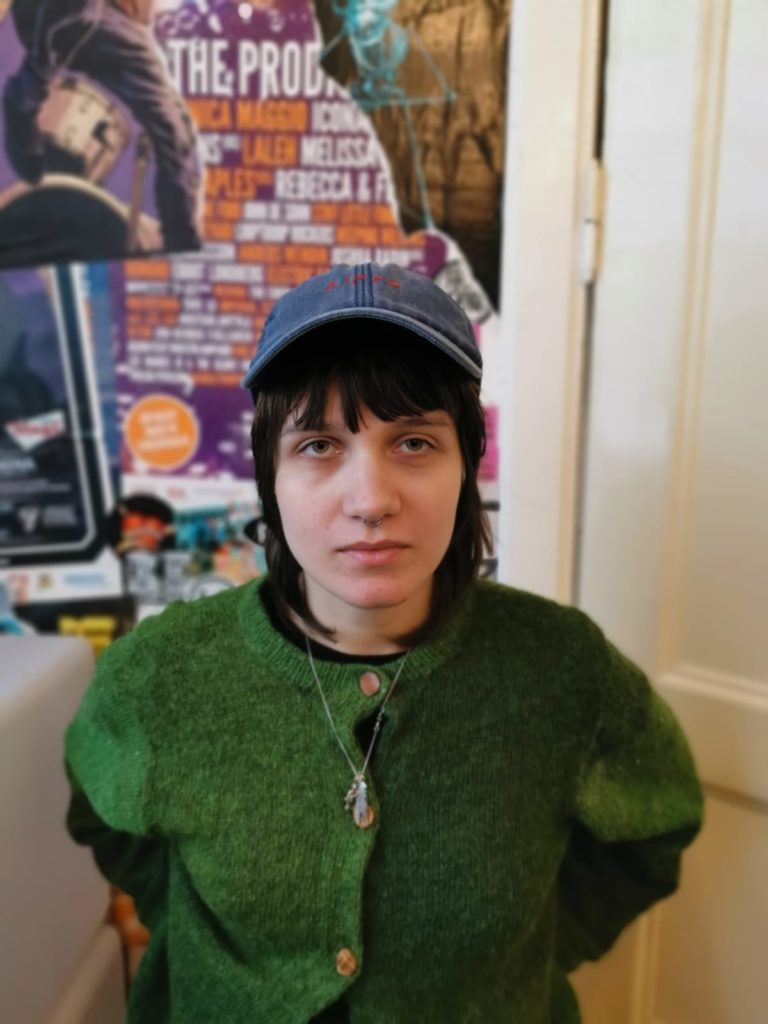
-
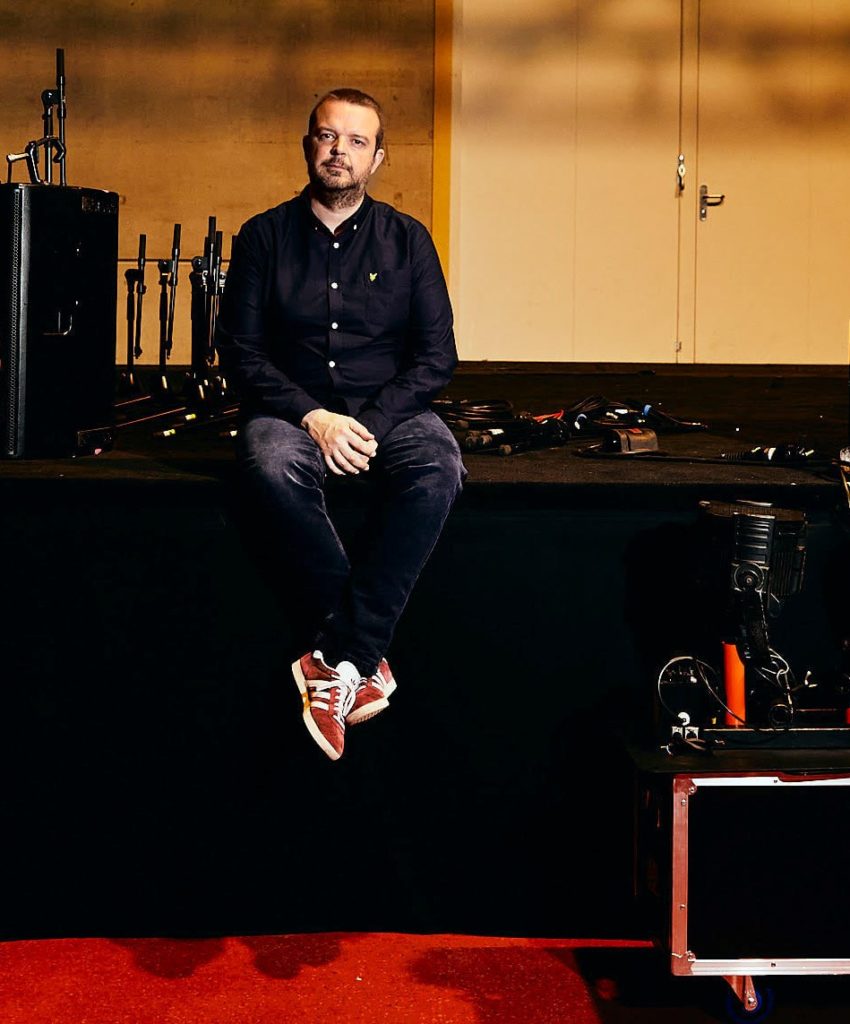
“It’s all about sharing and cooperation!”
-
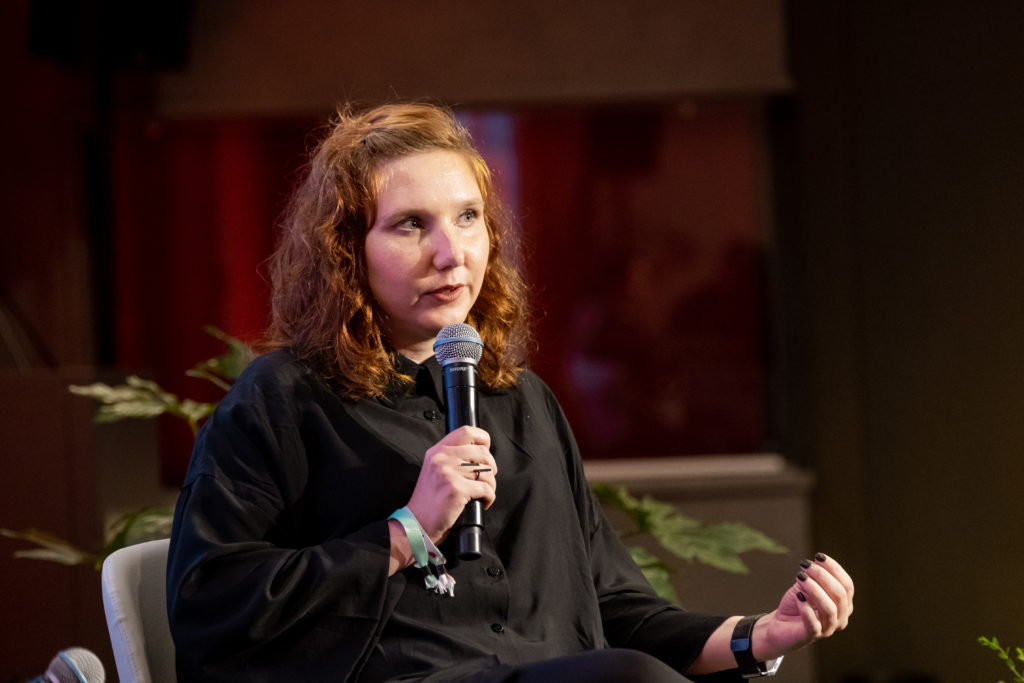
“We need organisations like Live DMA to support our activities. During COVID, it was important to have Live DMA meetings so that we could learn what was going on in the other countries, and that was very helpful when it came to the lobby work on the local level”
-
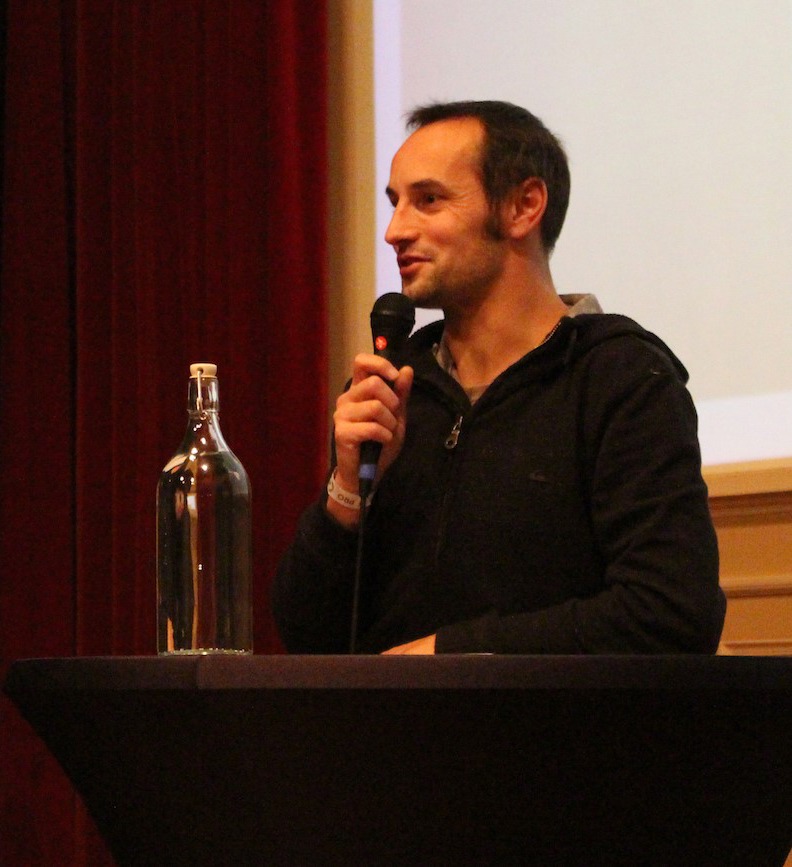
“We have been celebrating the 10th anniversary of Live DMA, a network which was created in 2012 by venue networks from all over Europe. The purpose was to share knowledge and skills with each other, and to set up common projects, and I think we’ve succeeded in doing that!”
-
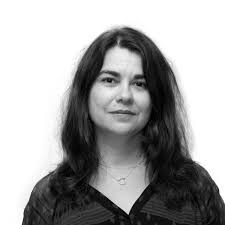
“I learned to collect and process data with good quality, and also I learned the importance of data to start a dialogue with institutions. Good data gave ACCES a lot of recognition”
-

ʻʼThanks to Live DMAʼs Survey, we showed our government that the more a venue is subsidized, the more money they generate. The Ministry of Culture had little knowledge of our sector. So to present these figures from different European countries was crucial in re-valorising our subsidies.”
